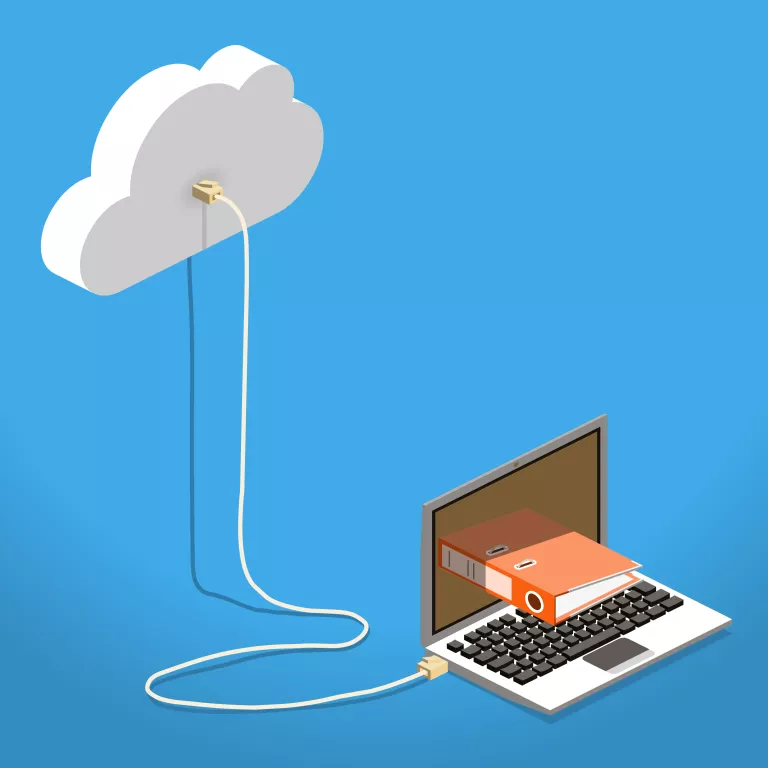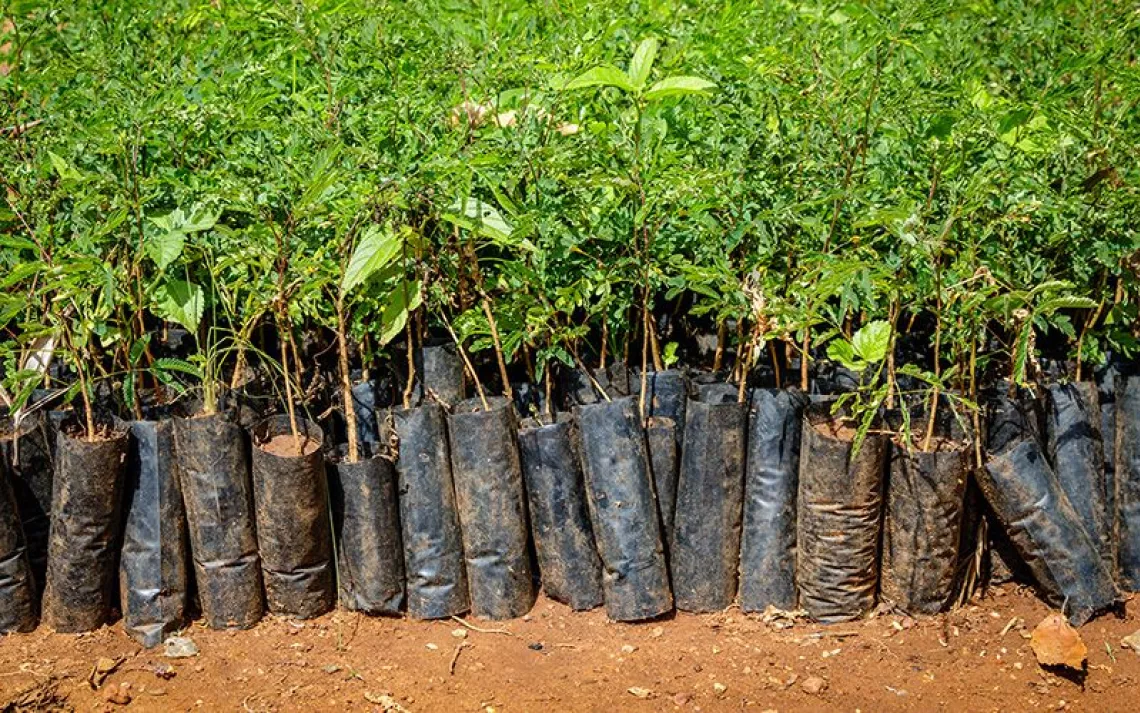The Virtues of Virtual Learning
Online classes do more than save students from a commute: They spread environmental education far and wide

Illustration by iStockphoto/exi5
Halfway into his engineering studies, Roberto Civille Rodrigues quit school. To get across town to the University of São Paulo in Brazil, the 25-year-old battled a rush hour commute that could take almost two hours each way. He dropped out knowing that his "chalkboard and PowerPoint classes" could be replaced. "I wasn't learning what I wanted to learn," Rodrigues says. "I was taking many classes that I didn't need."
Instead, Rodrigues mined the major online-education platforms--Coursera, edX, and Udacity--for subjects he actually wanted to study. By staying home, he also spared the rest of us the emissions of his former commute.
In the United States, a two-hour commute to class is rare. Universities teem with people living close, small, and car-free. But for the world's burgeoning population of eager students, a greener higher education may involve no campus at all.
Massive open online courses, or MOOCs, have emerged from prestigious schools: Harvard and MIT teamed up on edX; Stanford spawned Udacity. Consisting of recorded lectures, online readings, and interactive tests, MOOCs allow anyone, anywhere, to take a university course--usually for free. The most popular ones attract tens of thousands of people.
Jonathan Tomkin, of the University of Illinois at Urbana-Champaign, has already had 60,000 students register for his free course, Introduction to Sustainability, in the two times he's offered it on Coursera, a for-profit platform that presents classes from more than 80 colleges. Online courses, he explains, may not cure pressing eco-problems, but their reach adds up. "The environmental impact of education is not large relative to other factors," he says, "but the same amount of resources could be used to teach thousands as opposed to just tens in a regular classroom. Just think about what you need to do to heat a room with 10,000 people." (Critics counter that online learners are presumably in individual heated rooms instead.)
Around the world, MOOCs are functioning as low-impact information carriers--and making eco-awareness more accessible. "You reach students who don't have access to anything like this," Tomkin says. "The potential of online education to help with environmental awareness is clearly a positive thing."
But will it cut into classic brick-and-mortar institutions? There's also been impassioned debate about how effective a class can really be if students aren't there in person. Administrators worry about how schools will stay financially viable if their product is offered for free.
Rodrigues may be a dropout, but he's doing well as a web developer. He still takes online classes to keep his skills sharp. "The universities have to evolve to absorb this new medium," he says. "The fact that they're free helps, but the ability to take classes at your own pace is the most important thing. This is the future of learning."
 The Magazine of The Sierra Club
The Magazine of The Sierra Club







